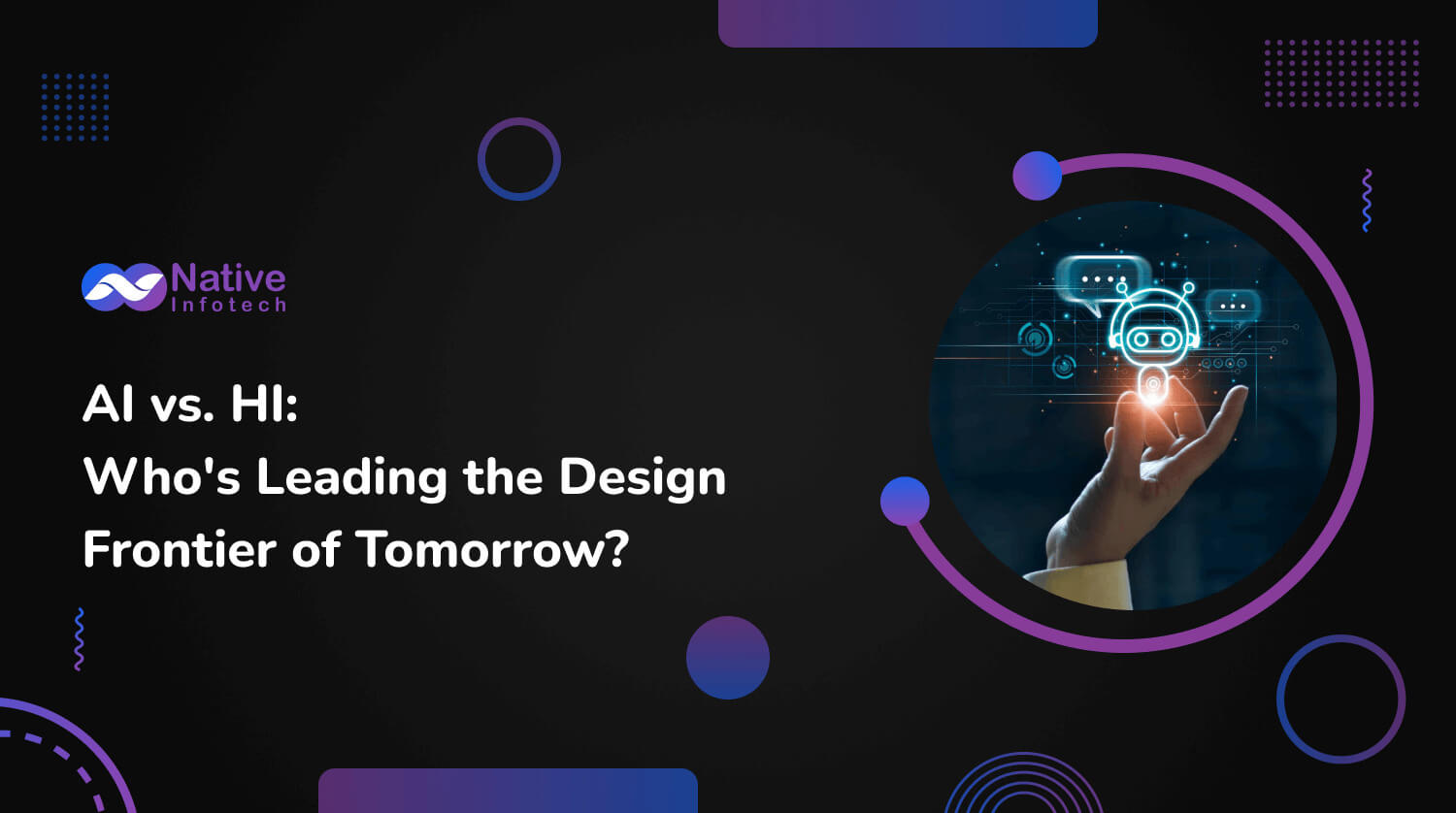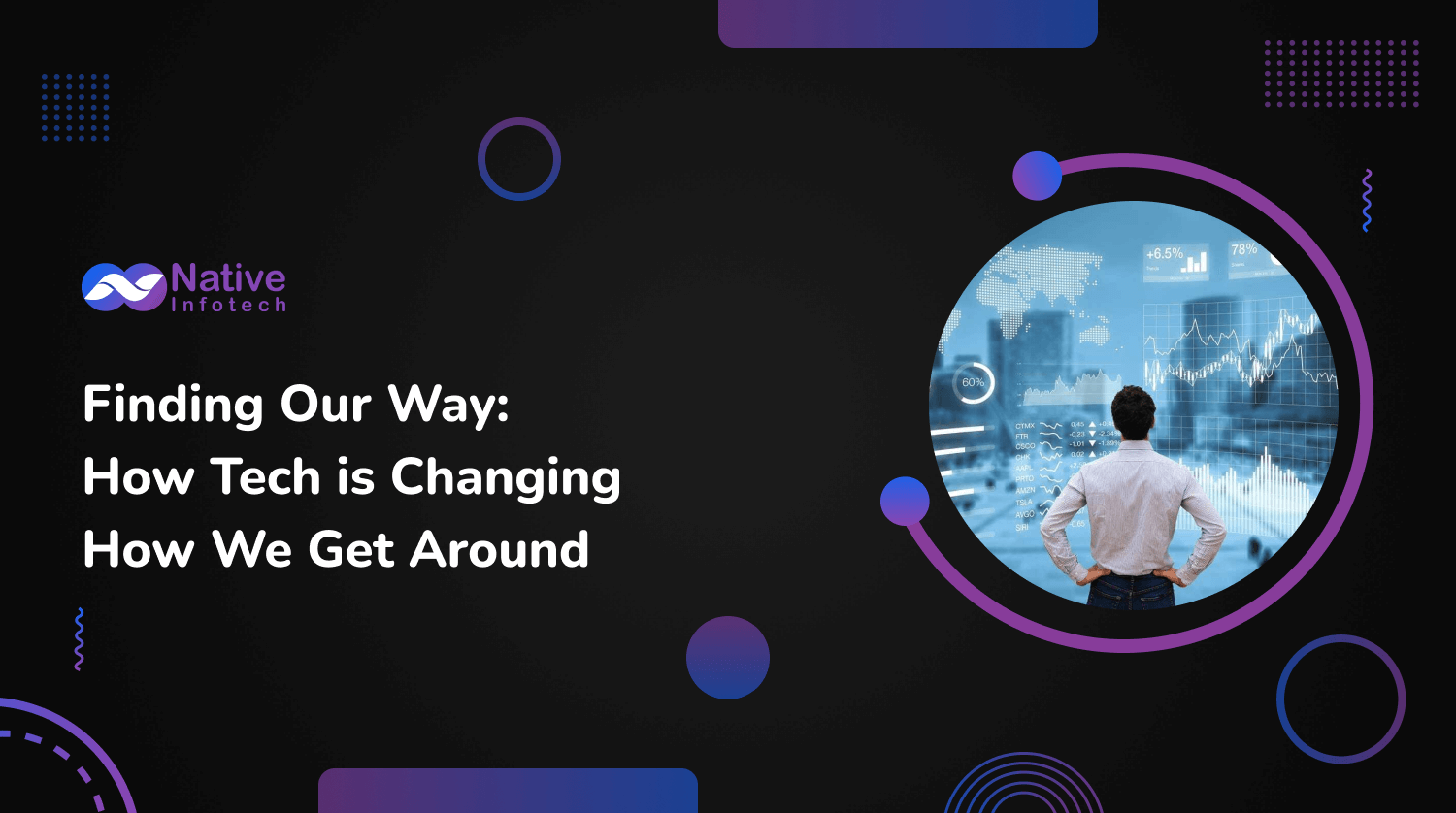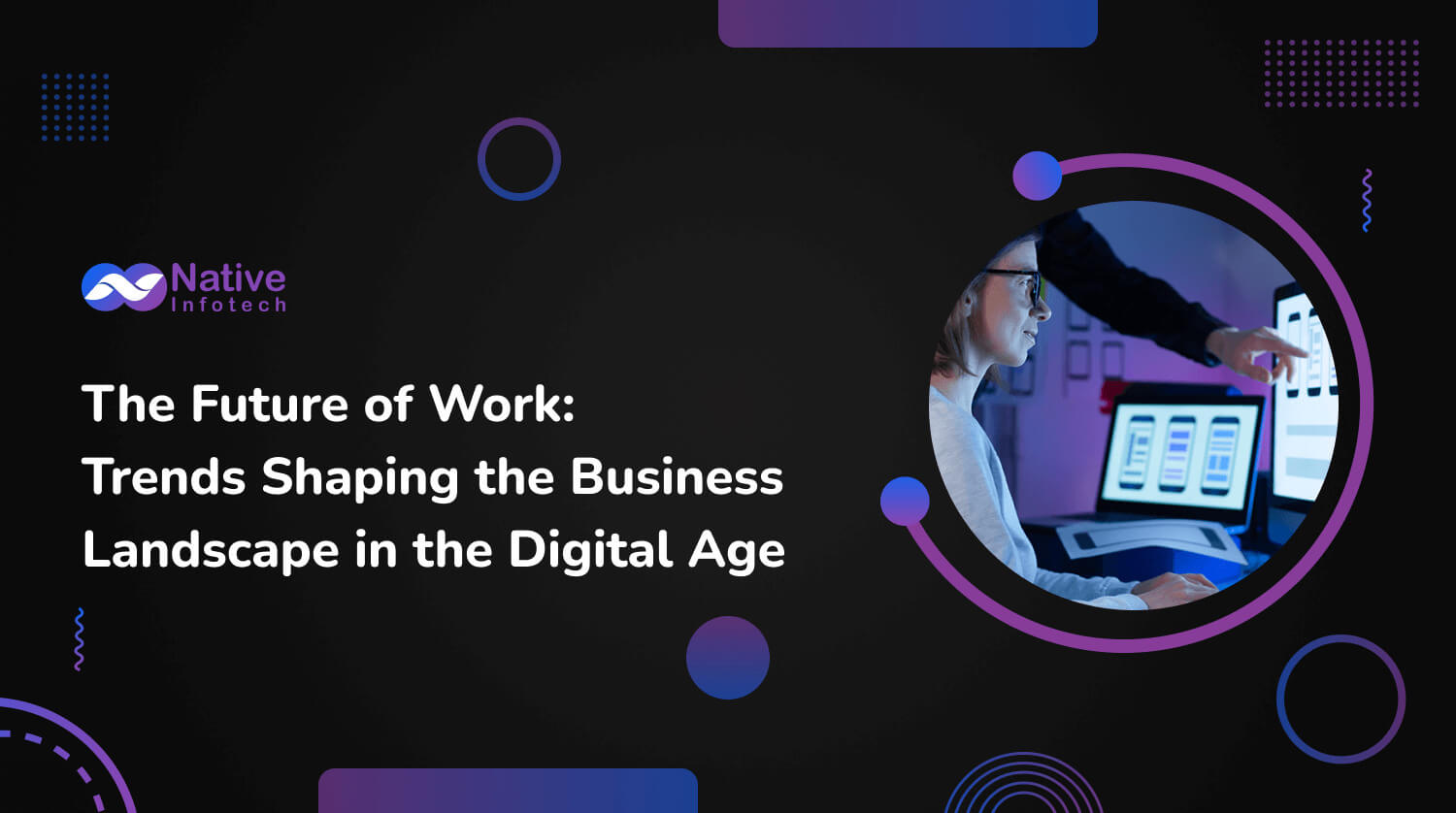
Introduction
In the dynamic realm of design, the question of who leads—Artificial Intelligence (AI) or Human Intelligence (HI)—has sparked vigorous debate among professionals and enthusiasts alike. As technology advances, the lines between AI-generated creativity and human ingenuity are becoming increasingly blurred. This article explores the evolving roles of AI and HI in the design industry, examining their strengths, challenges, and the synergies that emerge when they collaborate.
The Rise of AI in Design
What AI Brings to the Table
Artificial Intelligence has revolutionized numerous industries, and design is no exception. AI tools in design automate repetitive tasks, analyze data faster than humanly possible, and generate creative solutions with impressive efficiency. The key advantages of AI in design include:
- Scalability: AI can handle large-scale projects that would be overwhelming for human designers.
- Speed: Tasks that take hours for humans can be completed in minutes.
- Data-driven decisions: AI algorithms can process vast amounts of data to inform design choices, ensuring they are based on solid analytics rather than just intuition.
Examples of AI in Action
Several tools and platforms exemplify AI’s capabilities in design. Adobe Sensei, Autodesk’s AI-assisted design tools, and Canva’s Magic Resize tool are just a few examples that leverage AI to enhance productivity and creativity.
Human Intelligence in Design
The Irreplaceable Human Touch
While AI excels in many areas, human intelligence brings qualities to design that are currently beyond the reach of automation:
- Emotional intelligence: Humans can interpret emotional nuances and cultural contexts that AI often misses.
- Ethical considerations: Designers understand the societal impacts of their work, navigating complex ethical terrain that AI does not yet fully grasp.
- Originality and intuition: Human creativity often comes from a deep, inexplicable place that AI cannot replicate.
Celebrated Human-Led Design Innovations
Iconic designs such as the Apple iPhone, the Google homepage, and the Eames chair highlight the unique capabilities of human designers to innovate and inspire through deeply intuitive and empathetic design approaches.
AI and HI Collaboration
Better Together
When AI and human designers work together, they create a powerhouse duo that leverages the strengths of both. AI can take care of the technical heavy lifting, allowing human designers to focus on the creative and emotional aspects of design that make products truly stand out.
Case Studies
Projects like Airbnb’s algorithm-enhanced design tools and IBM’s AI-powered logo generator demonstrate successful collaborations between AI and human designers, leading to innovative and efficient design solutions.
The Learning Curve
Challenges and Opportunities
Integrating AI into the design process presents challenges, such as the learning curve for designers to master new AI tools and the need for ongoing training to keep up with rapidly evolving technologies. However, these challenges also offer opportunities for designers to enhance their skills and push the boundaries of what is possible in design.
Ethical Considerations
Navigating the Complex Landscape
As AI becomes more prevalent in design, ethical considerations must be addressed, including privacy concerns, the potential for bias in AI algorithms, and the implications of AI in job displacement. It is crucial for the design community to lead discussions on these issues to ensure a responsible evolution of AI in design.
The Future of AI and HI in Design
What the Future Holds
In the future, design will likely use AI even more, with tools that are easier to use and can do complex creative jobs. However, human designers will still be very important for their creative ideas, ethical decisions, and understanding of emotions.
Conclusion
In the constantly changing world of design, both AI and human intelligence have important roles. AI provides great speed and data-based insights, while human creativity and understanding add depth and meaning to design. The best designs in the future will probably come from AI and humans working well together, using the strengths of each to create and inspire. As we move forward in this exciting area, the joint work of AI and human intelligence will surely lead in creating the design innovations of the future.
Finding Our Way: How Tech is Changing How We Get Around
In today’s fast-moving world, technology has completely changed how we travel from one place to another. Whether it’s the old-fashioned ways of getting around or the new, fancy methods, the journey is always changing. Let’s take a look at how technology is changing transportation and how it affects our everyday lives. The Rise of Ride-Sharing…
Tech Horizon: 10 Trending Technologies Shaping the Future for IT Pros
In today’s world, technology changes really fast, and for people who work in IT, it’s very important to keep up. The digital world keeps growing, and with it, new tools and tech are coming up that will change the future. In this guide, we’ll talk about the top 10 tech trends that are important now…
The Future of Work: Trends Shaping the Business Landscape in the Digital Age
Section Content Summary Introduction Brief overview of the digital transformation in business. The Rise of Remote Work Discussion on the shift to remote work and its implications. Technological Advancements Examination of key tech developments influencing business. Automation and AI Impact of automation and AI on job roles and industries. Cloud Computing How cloud technology is…


